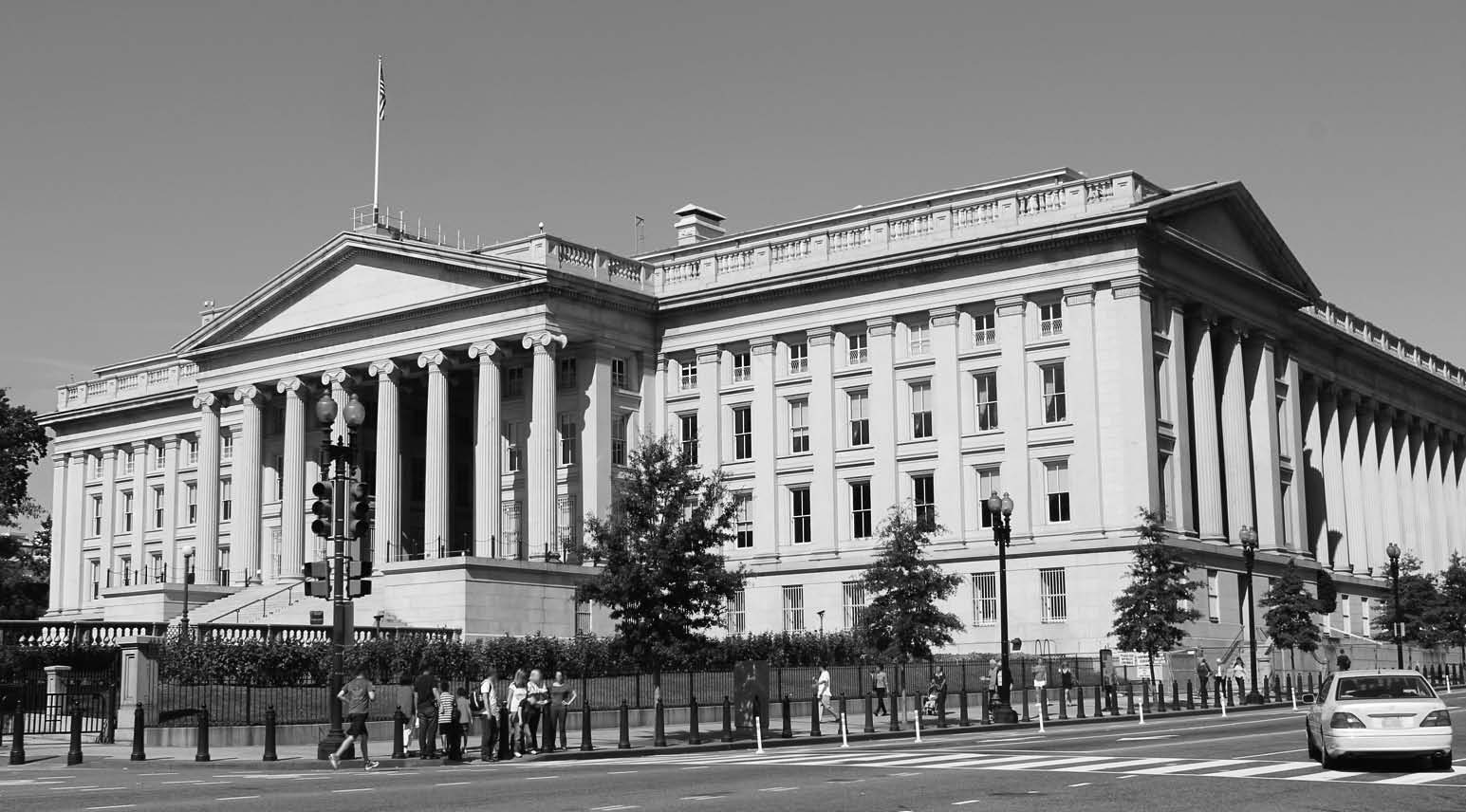Experts cited in a recent New York Times article believe we must review the rationale behind increasing interest rates, yet not draw too many conclusions based simply on the fact that interest rates have increased, and their projected effect on the stock market. Much of the reason for this has to do with perceptions as to why we are increasing interest rates. In May 2013, interest rates ticked up, yet the NYSE still managed to trend upward. Investors may perceive that improving interest rates may signal the end of an easing strategy by the Fed, and perhaps less risk of deflation, both thought to be good signs for equity investors. But it is important to note that if interest rates hit a certain threshold, the opposite scenario may in fact happen. If the interest rates increase beyond a certain point, and more expensive credit makes it more difficult to obtain mortgages or purchase larger-ticket consumer items, causing more softness in the economy, it would begin to have a deleterious effect on the stock market, and may cause it to trend downward. If the markets perceive climbing rates as indicative of the return of an inflationary period, it may also weaken stock prices and demand for stocks.


